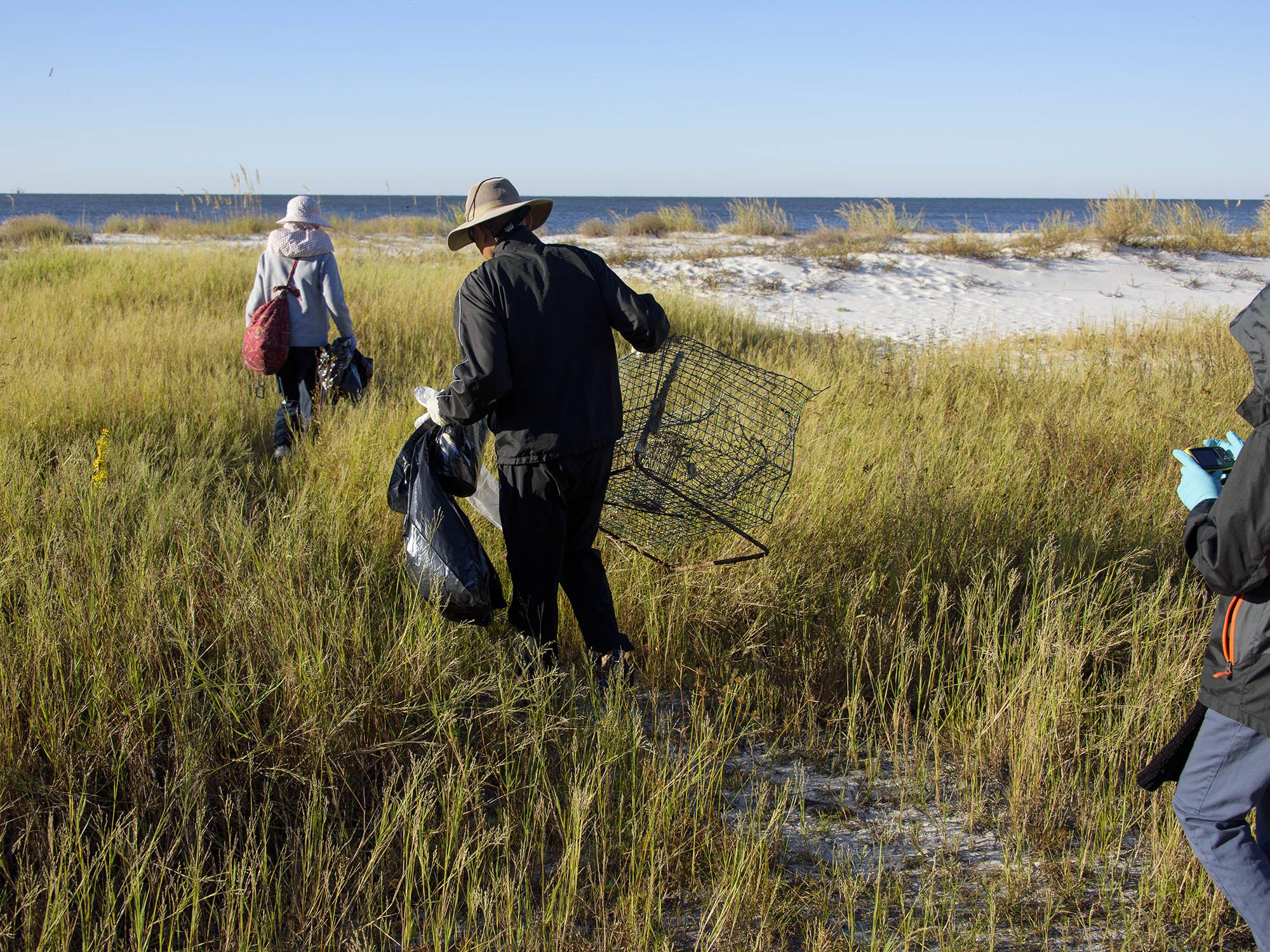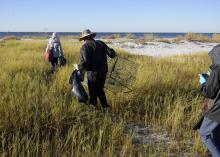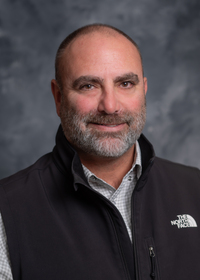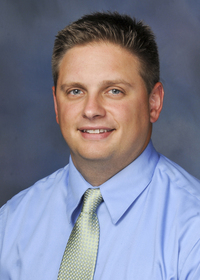Information Possibly Outdated
The information presented on this page was originally released on July 19, 2019. It may not be outdated, but please search our site for more current information. If you plan to quote or reference this information in a publication, please check with the Extension specialist or author before proceeding.
Volunteers keep marine areas clean, protect environment
STARKVILLE, Miss. -- The Mississippi State University Coastal Cleanup Program hosted its third annual Star-Spangled Cleanup event following Fourth of July activities, where over 100 volunteers participated in picking up trash from local beaches on the Mississippi Gulf Coast.
On Sept. 21, the Pearl Riverkeeper nonprofit organization, along with its many partners, will host its third annual Pearl River Clean Sweep. Volunteers will descend on stretches of the Pearl River from the headwaters in Nanih Waiya, Mississippi, all the way to Louisiana to help remove thousands of pounds of trash. In 2017 and 2018, more than 1,700 citizens volunteered their time to remove more than 67,000 pounds of trash from the Pearl River Watershed.
Not long after the Pearl River event, the MSU Coastal Cleanup Program will host its largest annual event of the year, the Mississippi Coastal Cleanup, on Oct. 19. The 2018 event drew 2,649 volunteers, who cleaned up 26,758 pounds of trash.
These events have important commonalities: They are volunteer driven, bring community awareness to local environmental concerns, get volunteers active outdoors and bring value to their local economies through volunteer hours and tourism by keeping communities clean and safe.
Wind and water carry pollution like trash, sediment, fertilizers, oil and gasoline, animal waste, heavy metals, pesticides, herbicides, and detergents from our parking lots, roads, farm fields, lawns, or construction sites (amongst many other sources) right into the more natural spaces and waterbodies we depend on for many other services. Because water cycles around the globe, cleaning up local water pollution can have a global impact.
Natural spaces like prairies, forests and wetlands naturally remove air, water and soil pollutants, not to mention provide habitat for animals. When it comes to local environmental concerns, volunteerism and civic engagement are crucial elements of success.
Research links volunteer activity in general to improved physical and mental health in middle-aged and older adults. Environmental volunteerism was specifically linked to improved physical activity, self-reported health and reduced odds for depressive symptoms. Youth participation in cleanup events also provides opportunities to learn about the environment, local governance and civic duty, as well as a chance to get some exercise while supporting their community.
Getting outdoors can foster social interaction and a sense of community, while participation in environmental stewardship offers an opportunity for improving the world and leaving a legacy for future generations. Cleanup events like these also promote civic engagement in our local communities and can provide awareness about local environmental issues.
There are plenty of ways we can help protect the environment while getting outside. Pick up litter in your community. Have a stream cleanup. Work with your neighbors to reduce runoff from lawns to prevent algal blooms in neighborhood ponds. Plant roadside buffers for beautification and pollinator habitat.
For more information about water conservation, contact Beth Baker with the Research and Education to Advance Conservation and Habitat program at MSU at 662-325-7491 or beth.baker@msstate.edu.
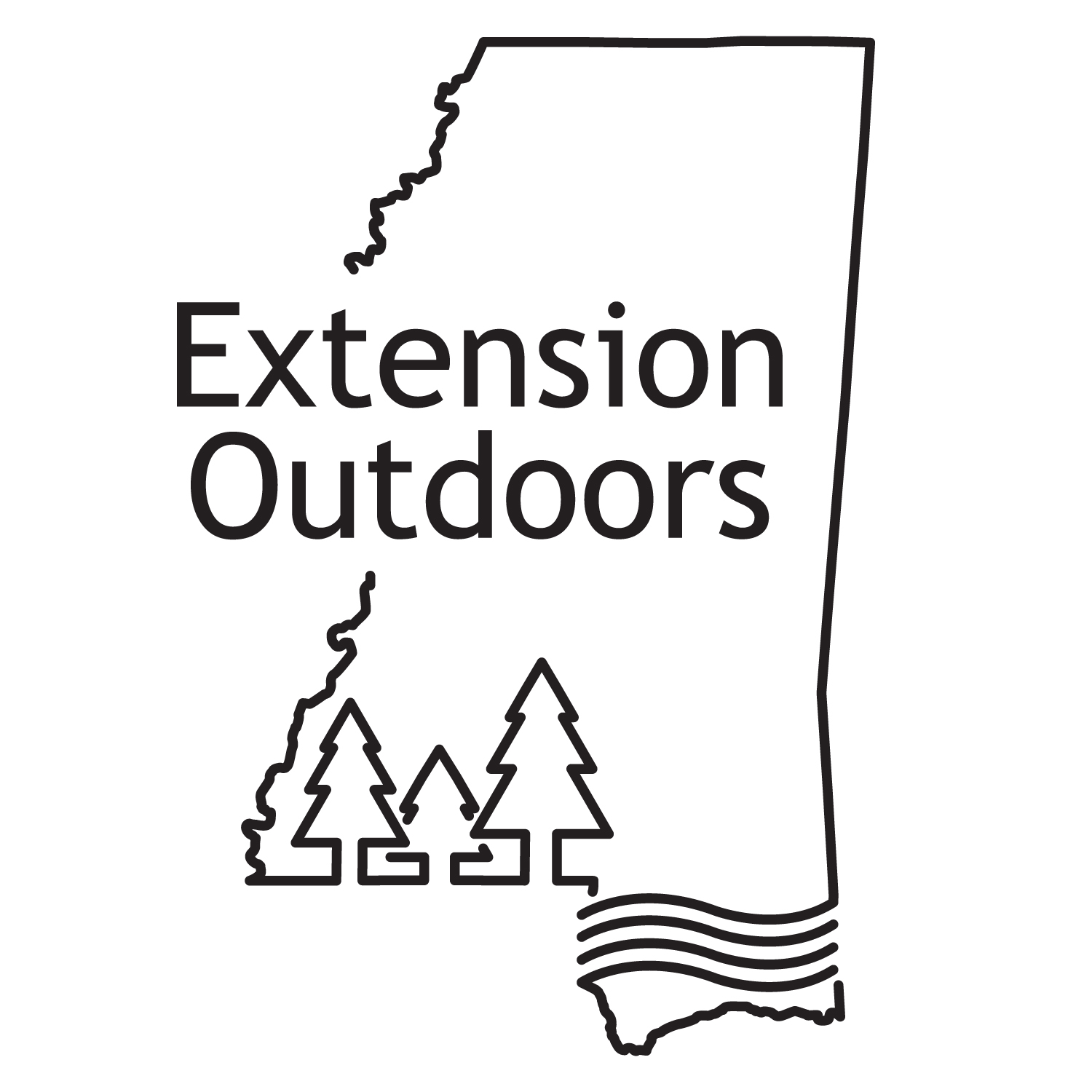
Editor’s Note: Extension Outdoors is a column authored by several different experts in the Mississippi State University Extension Service.

